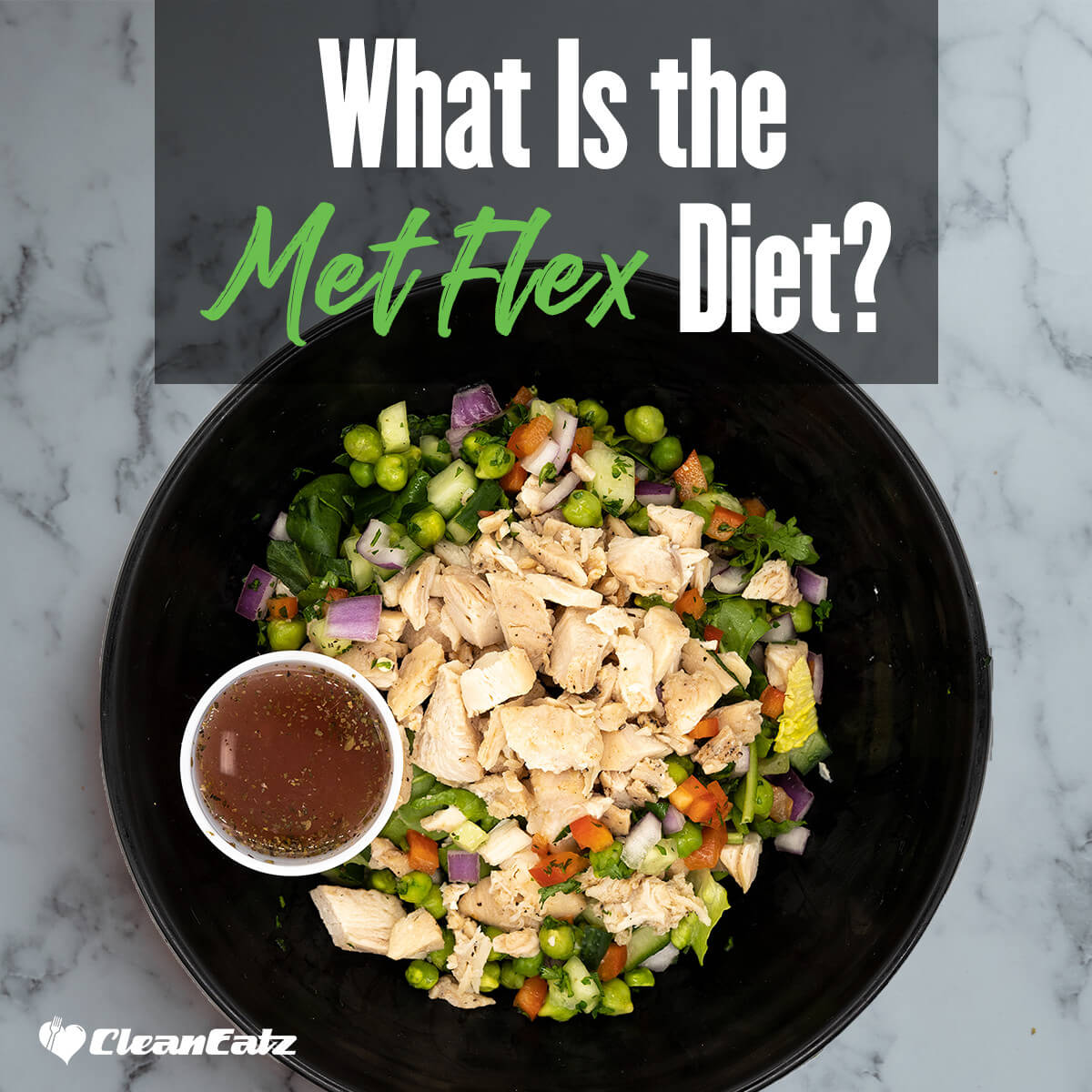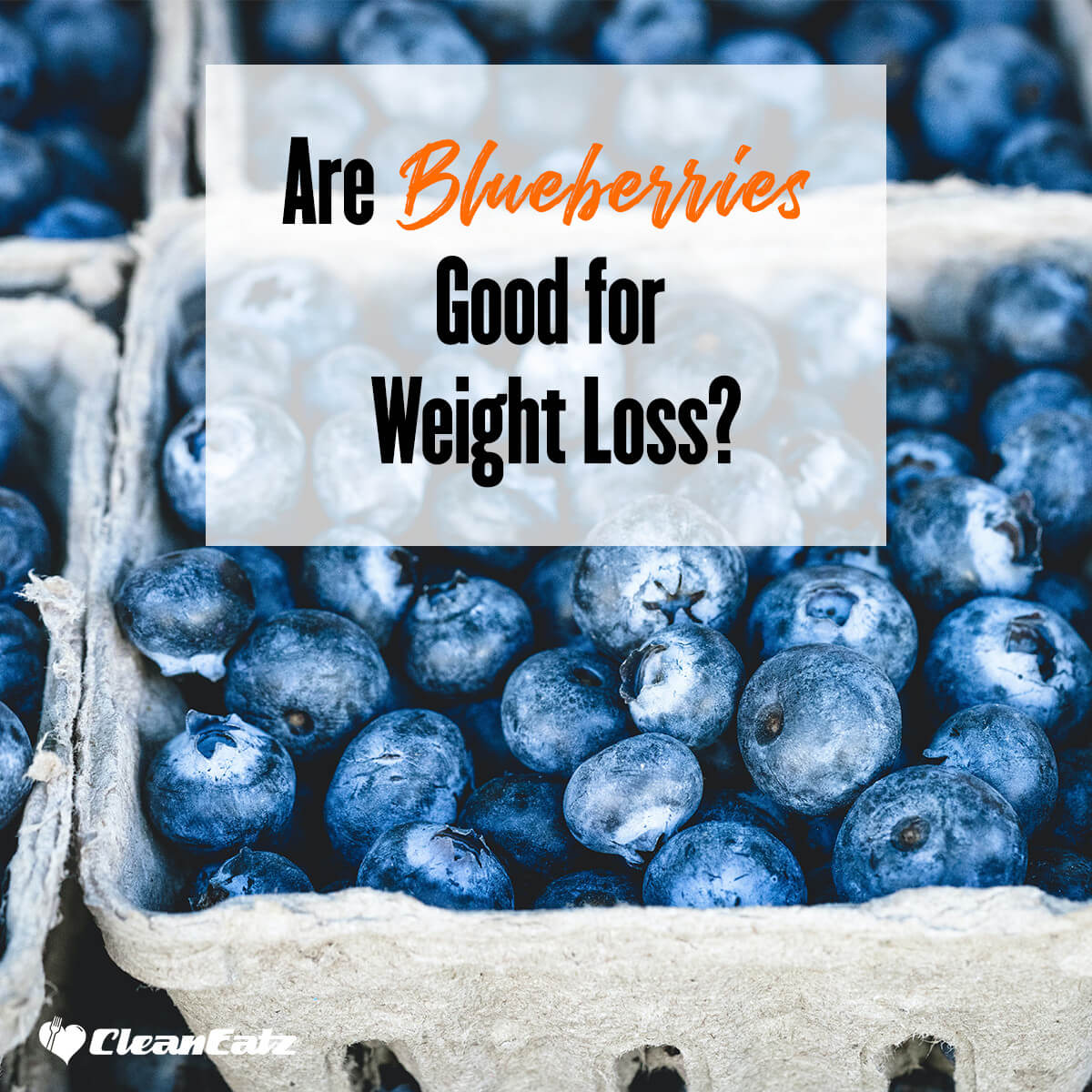
A Comprehensive Guide to the Dr. Now Diet
Jason Nista
Nutrition
|
Weight Loss
|
Healthy Lifestyle
10 minute read
Table of Contents
It seems like there's a new diet trend hitting the scene every week. But out of all the different diets, one has captured our attention more than any other: the Dr. Now Diet. So, what is the Dr. Now Diet? This diet was created by Dr. Nowzaradan and is based on six principles: reducing carbohydrates, increasing protein and fat consumption, controlling portions, increasing physical activity, managing stress, and eating a healthy, balanced diet.
If you're curious to learn more about the Dr. Now Diet and how it can help you reach your health goals, then you've come to the right place! In this article, we'll take an in-depth look at the Dr. Now Diet and discuss what makes it so effective—and popular—among people looking to improve their health and wellness. We'll also provide tips on how to best incorporate the Dr. Now Diet into your lifestyle so you can get the most out of it.
TL;DR
- The Dr. Now Diet, developed by Dr. Nowzaradan, focuses on proper nutrition and regular physical activity
- This diet plan can help you lose weight; however, it requires a certain level of dedication
- Nutrients that are to be consumed in the Dr. Now Diet include lean proteins, polyunsaturated fats, and unrefined carbohydrates
- To get started with this diet plan, you need to be aware of your calorie goals, set meal plans, and add exercise to your daily routine
Overview of the Dr. Now Diet
The Dr. Now Diet is a comprehensive diet plan designed to help you achieve long-term weight loss. Developed by Dr. Nowzaradan, MD, the diet enables you to adjust your meals and lifestyle so you can reach a healthier weight and improve your overall health and well-being.
The Dr. Now Diet focuses on proper nutrition, including a low-calorie meal plan and limited snacking, as well as a safe level of physical activity. The program also includes lifestyle changes that promote healthy behaviors, such as reducing stress and limiting alcohol intake. By following this diet plan, you can reduce your risk for obesity-related diseases like heart disease and diabetes.
If you’re looking for an easy way to lose weight without having to count calories or cut back on food completely, the Dr. Now Diet may be the right choice for you. With its emphasis on whole foods like fruits, vegetables, lean proteins, and healthy fats, plus regular physical activity and solid sleep habits, this program can help you get on track to achieving a healthier lifestyle.
Benefits and Drawbacks of the Dr. Now Diet
The Dr. Now Diet is a medically supervised weight-loss plan designed to help you lose weight quickly and safely. It focuses on reducing calories and carbohydrates while increasing protein and other nutrient-dense foods.
What is the Dr. Now Diet? The Dr. Now Diet is a medically supervised weight-loss plan designed to help you lose weight quickly and safely. It focuses on reducing calories and carbohydrates while increasing protein and other nutrient-dense foods.
The main benefit of the Dr. Now Diet is that it promises quick, sustainable weight loss. By emphasizing protein-rich foods such as lean meats, fish, beans, eggs, nuts, and dairy products, the Dr. Now Diet can also help you stay full longer and maintain muscle mass while losing weight.
However, there are a few drawbacks to the Dr. Now Diet. For one, this diet requires a lot of discipline, as it requires eating mostly unprocessed foods that are low in carbohydrates and calories. Because of this restriction on carbs, it can be tough for some to find options for their meals that are both enjoyable and healthy. Additionally, nutritionists typically recommend eating plenty of fruits and vegetables to ensure adequate vitamins and minerals—however, the Dr. Now Diet limits most high-carbohydrate fruits such as bananas or apples.
When considered in whole, the Dr. Now Diet can be an effective way to jumpstart your weight loss journey if done with caution—but remember to consult with your physician before starting any new weight loss program.
Food Choices and Eating Patterns on the Dr. Now Diet
When it comes to what you eat on the Dr. Now Diet, this diet follows a low-carb approach. The goal is to reduce carbs and increase your intake of healthy fats. Processed foods and refined sugars are off limits, and instead, you'll be encouraged to focus on whole, minimally processed foods that are rich in vitamins, minerals, and antioxidants. So, what is the Dr. Now Diet? It is a diet plan that emphasizes a low-carb approach, promoting the consumption of healthy fats and discouraging processed foods and refined sugars. The focus is on whole, minimally processed foods, which are abundant in vitamins, minerals, and antioxidants.
Proteins
Dr. Now diet, such as fish, chicken breast, and lean cuts of beef are allowed, as are eggs and some dairy products. Nuts and legumes - like beans - should also be included in your Dr. Now diet since they have protein and fiber.
Fats
The Dr. Now Diet advises against consuming saturated fats and encourages the intake of monounsaturated fatty acids (MUFAs), such as olive oil, avocados, and nuts. Additionally, the diet promotes the consumption of polyunsaturated fatty acids (PUFAs) found in foods like salmon, flaxseeds, and walnuts.
Carbohydrates
The Dr. Now diet emphasizes that carbohydrate intake should primarily come from unrefined sources such as fruits, vegetables, and whole grains. Refined carbohydrates, like those found in white bread, are not allowed because they can cause blood sugar levels to spike rapidly.
Furthermore, the Dr. Now diet strongly encourages meal planning to ensure you are prepared to make healthy food choices throughout the week, aiming to avoid last-minute fast food binges.
How to Get Started on the Dr. Now Diet
If you're already considering the Dr. Now diet, you might be wondering what steps to take to get started. Getting the ball rolling is not as difficult as it may seem, although committing to drastic changes in your dietary habits can certainly be challenging.
Step 1: Know Your Calorie Goals
One of the first steps in starting the Dr. Now diet is figuring out your calorie goals. You'll need to know how many calories are right for you based on your age, activity level, and weight goals. Knowing this information ahead of time can help make sure you create a sustainable meal plan and exercise routine that will help support your diet goals.
Step 2: Set Meal Plans
The Dr. Now diet, also known as the "Dr. Nowzaradan diet," advises followers to choose low-fat, low-carb, and small portion-controlled meals throughout the day while ensuring sufficient intake of protein and fiber. Crafting meal plans will aid in adhering to these guidelines and enable you to maintain a balanced diet. Additionally, engaging in meal prep can prove beneficial as it ensures you won't have to worry about daily food decisions; instead, you can simply grab the pre-prepared meals and continue with your day.
Step 3: Incorporate Exercise
In order to get the most out of the Dr. Now diet, it's important to incorporate regular exercise into your routine as well. Cardio exercises such as running or swimming can help burn extra calories for even faster results, while strength training will help build muscle mass. The most important thing when it comes to exercising is doing something that makes you feel good and consistently following through with it.
Getting started on the Dr. Now diet requires some planning and effort but with a little bit of dedication, and understanding of what the Dr. Now diet is all about, you can set yourself up for success.
Conclusion
In conclusion, the Dr. Now diet, also known as the low-calorie diet, is designed to promote weight loss and a healthier lifestyle. To get a better understanding of what the Dr. Now diet entails, it's crucial to consult with a doctor or dietician who can provide advice and support tailored to your individual needs. With the right diet and lifestyle modifications, the Dr. Now diet could be a great tool to use in order to lose weight, manage diabetes, and improve overall health.
If you’re determined to try the Dr. Now diet for yourself and wondering, 'What is the Dr. Now diet all about?' then we highly recommend you visit Clean Eatz Kitchen and build your desired version of the Dr. Now diet. By doing so, you can ensure a smooth and effective weight loss journey with added convenience as all your meals are delivered ready-to-eat straight to your doorstep.
FAQ
What is Dr. Now's diet consist of?
In general, the Dr. Now diet permits the intake of numerous nutritious and nutrient-rich foods. According to Jacks, it prioritizes lean protein and vegetables and incorporates high-quality whole-grain carbohydrates, fruits, nonfat dairy, and healthy fats.
How many calories does Dr. Now allow?
The Nowzaradan Diet, also known as the Dr. Now Diet, is a stringent eating plan that limits calorie intake to 1,200 calories. Its primary purpose is to facilitate swift weight loss for individuals preparing to undergo weight loss surgery.
How much weight can you lose in a month on Dr. Now diet?
Numerous patients of Dr. Now, many of whom weigh over 600 pounds (272 kg), strive to lose 30 pounds (14 kg) in a mere 30 days, and a significant number of them achieve this goal. The Dr. Nowzaradan diet is commonly employed not only by Dr. Now but also by other medical professionals for patients undergoing preoperative bariatric surgery.
Can you eat eggs on med diet?
Eggs not only hold a central place in the Mediterranean Diet but also contribute to various aspects of health, including weight management, muscle strength, supporting a healthy pregnancy, enhancing brain function, promoting eye health, and more. Below are some meal examples that combine the strengths of the Mediterranean Diet with the advantages of incorporating eggs:
- Mediterranean Veggie Omelette: A delightful omelet filled with a variety of colorful vegetables such as tomatoes, bell peppers, spinach, and onions, drizzled with a dash of olive oil, and sprinkled with feta cheese. Served with a side of whole-grain toast.
- Greek Spinach and Feta Scramble: A flavorful scramble prepared with eggs, fresh spinach, diced tomatoes, olives, and crumbled feta cheese, seasoned with oregano and served with a side of whole-grain pita bread.
- Egg and Avocado Toast: A simple yet nutritious meal featuring poached eggs served on whole-grain toast, topped with sliced avocado, cherry tomatoes, and a sprinkle of sea salt and black pepper.
- Mediterranean Egg Salad: A refreshing salad made with hard-boiled eggs, mixed greens, cucumber, cherry tomatoes, red onion, and Kalamata olives, dressed with a light lemon and olive oil vinaigrette.
- Shakshuka: A traditional Mediterranean dish consisting of poached eggs in a savory tomato and bell pepper sauce, spiced with cumin, paprika, and cayenne pepper, and served with crusty whole-grain bread.
- Spanish Tortilla: A satisfying and hearty potato and egg omelet seasoned with onions and garlic, cooked in olive oil until golden brown, and served with a side of fresh salad.
- Mediterranean Egg and Chickpea Bowl: A nourishing bowl featuring boiled eggs, cooked chickpeas, roasted vegetables, quinoa, and a drizzle of tahini dressing.
By combining the Mediterranean Diet's nutritious and wholesome elements with the versatility and health benefits of eggs, these meal examples offer a delightful way to support overall well-being and enjoy a delicious, balanced diet.



